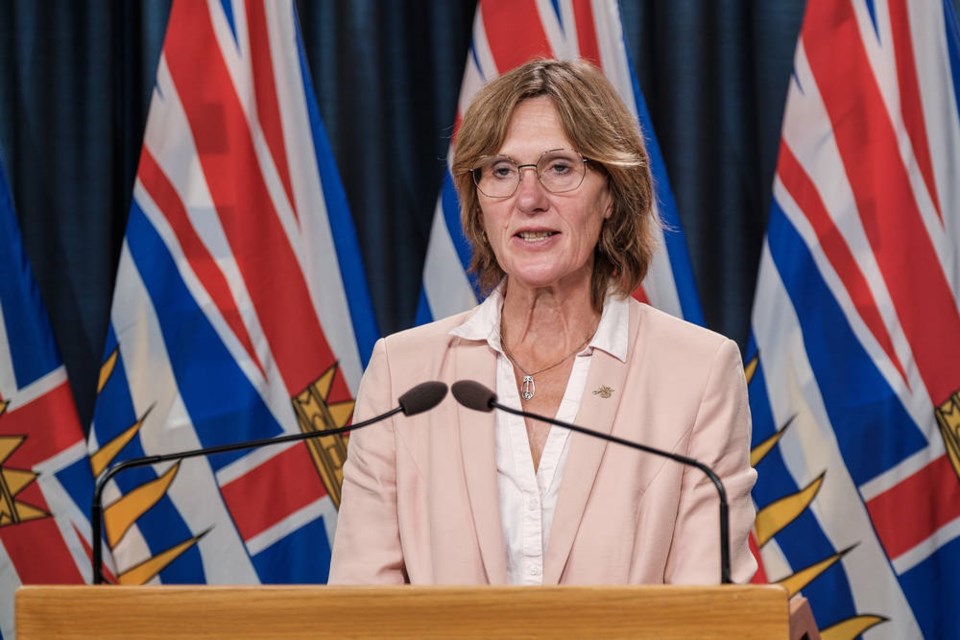The Times Colonist made a valiant effort in an editorial this week to advance the cause of a Colwood-Victoria passenger ferry.
It was Day One of the provincial election campaign, as good a time as any. But there is a point to keep in mind should it turn into a campaign talking point.
Namely, that Transportation Minister Claire Trevena pointedly asked B.C. Ferries last year to drop the idea and stop work on it.
Correspondence between Trevena and B.C. Ferries, obtained by request earlier this year, shows she stalled the idea.
She wrote to the B.C. Ferries board in July 2019, saying: “While I appreciate that B.C. Ferries operates independently from government and wishes to pursue additional revenue opportunities, any new service that would require additional provincial funding to become a reality should align with the provincial vision rather than be a product of B.C. Ferries’ efforts to create additional revenue streams.
“Until the provincial vision process is complete, it would be appreciated if B.C. Ferries would put on hold projects such as the Royal Bay passenger-only service.”
That could be read as: “Don’t work on this idea until I think of it first.” But there’s more to it than that.
She apparently was concerned that the corporation had enough on its plate without taking on new responsibilities. Trevena’s relationship with B.C. Ferries over her term, which is now concluding, was a complicated one. They’re often sailing in different directions on financial matters.
So she wanted it stalled until the NDP government could do yet another study, this one on the whole region’s needs, wants, hopes and dreams.
She may also have asked for the stall because the feasibility study was going to create momentum and build expectations that the government could have had trouble meeting.
In the deep background, New Democrats also retain vivid memories of the fast ferry scandal from the 1990s. Pitch the idea of high-speed catamarans to an NDP government and the initial reaction will be: “Too soon.”
Trevena held her stance even though the initial look suggested a commuter ferry wouldn’t cost the government directly. The Royal Bay developer, the City of Victoria and B.C. Ferries would have covered most start-up costs.
Based on the early work, B.C. Ferries was favourably inclined. The preliminary sketch even suggested it could make money in its first year, which is almost unheard-of in a transportation startup.
The project went dormant. Then just before the election campaign started, that “provincial vision” arrived, in the form of the south Island transportation plan.
It sketches out the project based on the pre-feasibility study work. But it’s just a neutral reference, not a recommendation. The commuter ferry is listed as a long-range goal — one of many ideas on a wish list. (To give an idea of how long-range it is, the list includes a double-deck highway through Goldstream Park, and a big new commuter ferry across Saanich Inlet.)
Colwood Mayor Rob Martin appealed for more support for the idea this week. He said he’s going to keep talking it up and wants to see candidates discussing the concept.
Here’s how the south Island transportation plan describes it:
High-speed 300-passenger catamarans running from Royal Bay to Esquimalt (15 minutes) and the Inner Harbour (25-30). Fare would be a bit more than the bus fare.
It would cut about a half-hour off the trip and reduce vehicle traffic modestly. The reduction in emissions would be negligible. By 2038, the service could be handling 3,700 people a day.
It would need five ships, a breakwater, parking lot and terminal at Royal Bay and various other initial builds.
Total start-up costs estimated by the study are $95 million.
There are dozens of details to consider, including the federally imposed speed limit in the harbour, which detracts from the viability.
The pandemic also raises a major conceptual point. There is much theorizing about the end of commuting, given how many people are currently making a living without going to the office. The provincial vision touches briefly on COVID-19, but only to say the potential effects on transportation are unknown.
The commuter ferry will still be an attractive idea post-pandemic. The inexorable growth rate will make up for any drop in demand due to changes in the nature of work.
So talk it up, candidates. This is no time for more stalls.
lleyne@timescolonist.com



